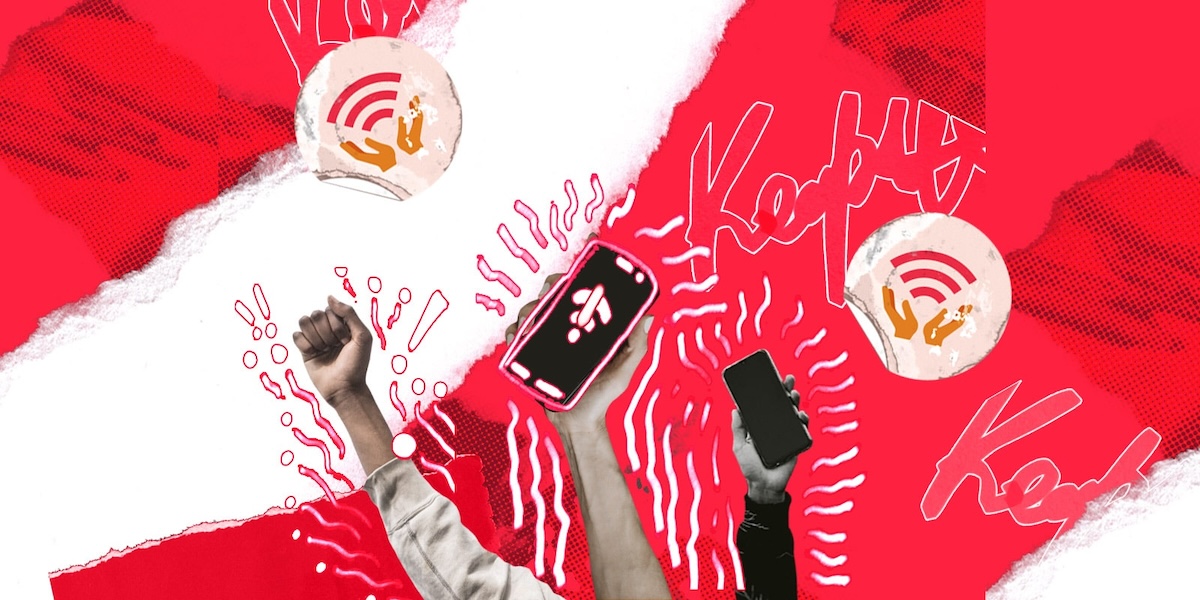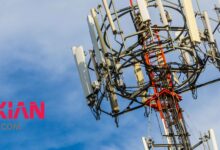Access Now condemns recent internet disruption in Kenya

Access Now and the #KeepItOn coalition have condemned the the recent disruption of internet access and increased crackdown on the people of Kenya amid protests over the controversial Finance Bill 2024.
In a statement, the two said the disruption was a major step backwards for Kenya, which has previously been an important stronghold against shutdowns in the region.
‘’Restricting access to the internet during protests is a flagrant violation of fundamental rights and a threat to people’s safety both online and off.’’ Felicia Anthonio, #Keepiton Campaign Manager at Access Now said.
‘’The government of Kenya must take measures to ensure that access to the internet and essential communications platforms is guaranteed across the country in times of crisis’’ Felicia added.
On Tuesday, Kenyans reported massive internet disruptions starting at approximately 4:00 pm local time. Connectivity dropped nationwide by nearly 40% across at least 20 networks according to measurements from IODA and Cloudflare.
Cloudflare reported impacts on major networks including Safaricom, Wananchi, and JTL (Jamii Telecommunications). Signal and X also saw an increase in anomalies due to connectivity issues, mostly on Safaricom. Safaricom sent a customer notice claiming the disruptions to both internet services and the M-PESA electronic payment app are a result of “an outage on two of our undersea cables.” Airtel issued a similar notice, indicating disruptions to undersea cables have impacted their services.
Neighbouring countries Burundi, Rwanda, and Uganda, which all share upstream providers with Kenya, are also experiencing similar drops in connectivity.
Access Now says the targeted nature of the disruptions, happening at the height of the protests and impacting the country’s largest networks, strongly suggests disruptions are being imposed intentionally.
On Wednesday, Safaricom CEO Peter issued a statement saying refuting claims that the disruption was intentional. He said the slow internet speeds that were indeed being experienced during the protests were due to an outage of two of its undersea cables.
Internet watchdog NetBlocks however said it was yet to identify physical subsea cable damage that caused the internet outage.
Naro Omo-Osagie, Africa Policy and Advocacy Manager at Access Now said ‘’Authorities and telecoms providers alike should be doing everything in their power to ensure open, secure, and reliable access to mobile networks, online communications platforms, mobile payment apps, and other essential services during moments of heightened tension. Instead, we are seeing the opposite, despite prior commitments to uphold free expression and access to information’’
This was the second time Kenya has imposed an internet disruptions in just two years. In November 2023 authorities blocked Telegram during national exams. Access Now and the #KeepItOn coalition says it reached out to authorities demanding clarification on why Telegram was blocked and asked the government to immediately restore access. Previously in 2022, it also warned that authorities in Kenya were exploring the possibility of platform blocking in a disproportionate response to misinformation around the 2022 elections.
Access Now and the #KeepItOn coalition have called on the government of Kenya and telecom service providers to immediately restore full access, refrain from any further disruption to connectivity, and commit to upholding human rights as Kenyans exercise their rights online and offline.
‘’Authorities must actively work to strengthen connectivity throughout the protest period to ensure people’s safety, right to freedom of expression and peaceful assembly, and access to essential services and communications channels.’’
Follow us on Telegram, Twitter, and Facebook, or subscribe to our weekly newsletter to ensure you don’t miss out on any future updates. Send tips to editorial@techtrendsmedia.co.ke



